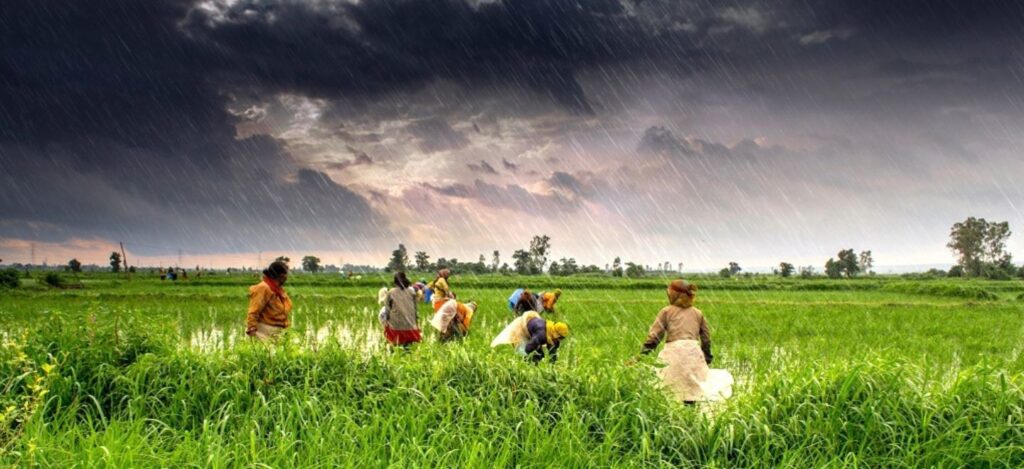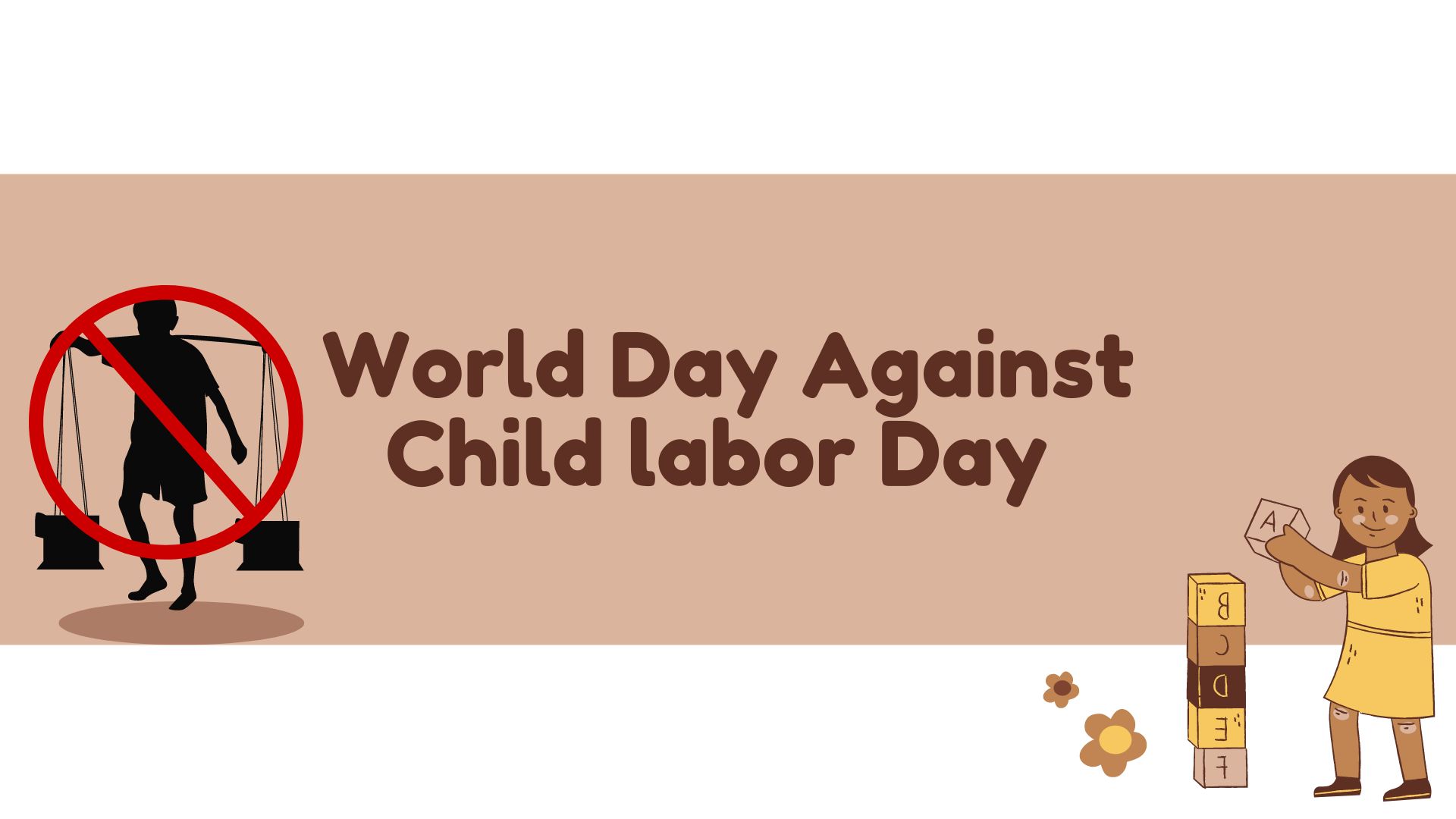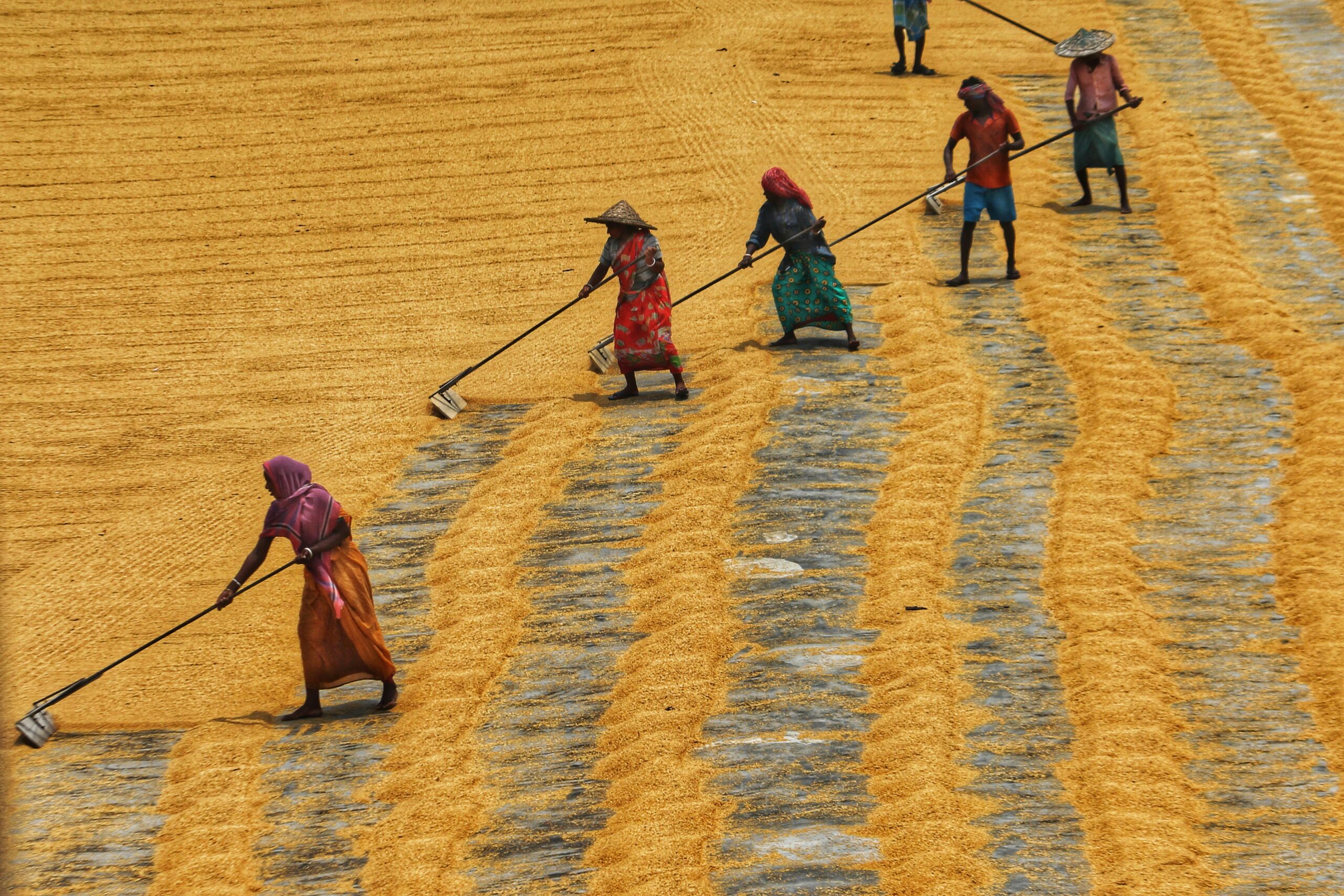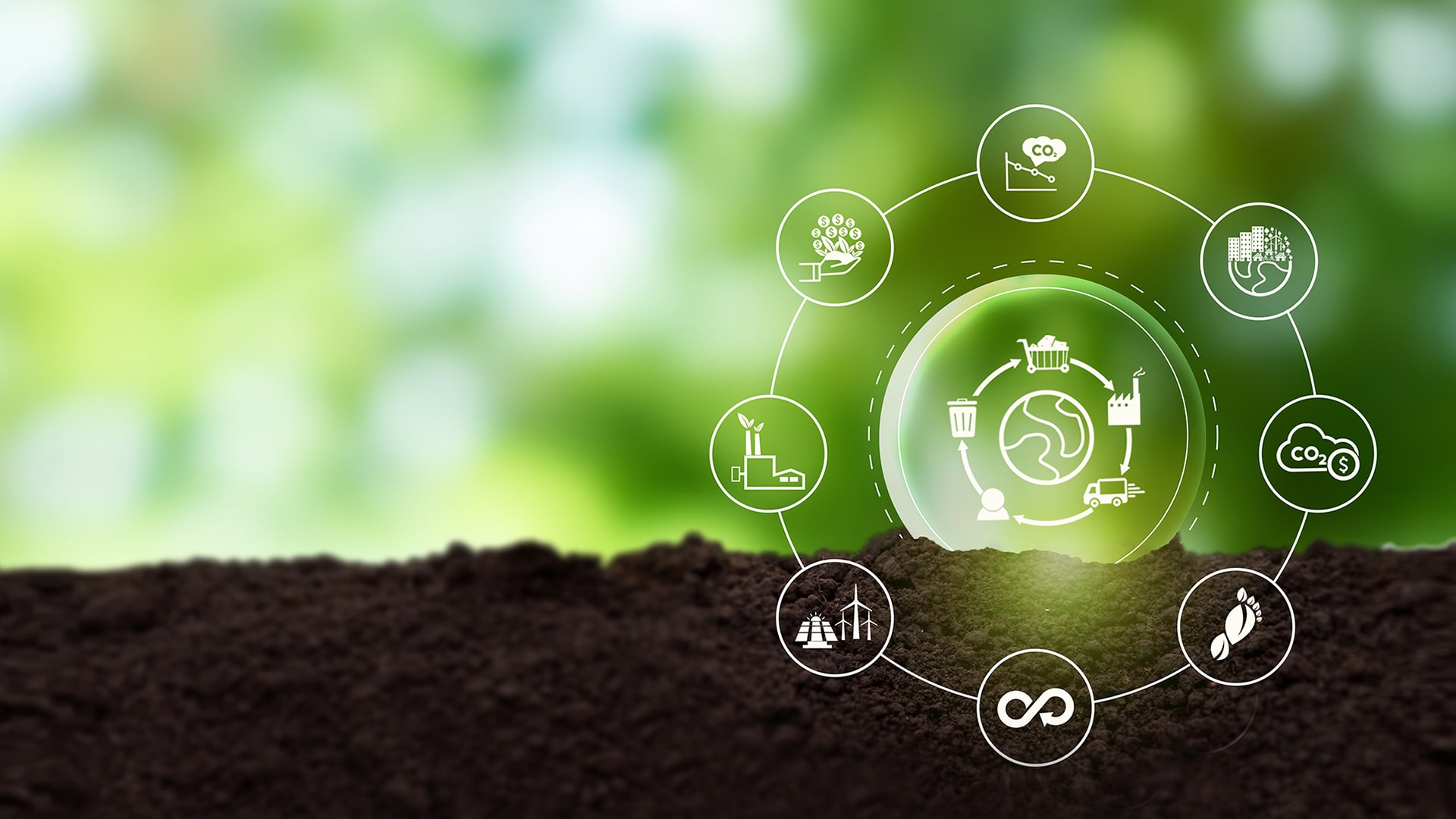The impact on food supply over the last few months resulting from several macroeconomic shocks have highlighted the precarious state of food security at the national and global levels. This can be demonstrated by changes in world trading patterns across commodities. However, it is not only macroeconomic shocks that must be taken into account in terms of their influence on food security as the impact of climate change must also be considered. Hence, while agricultural practices, alternative sources of food supply, and public policies contribute towards more sustainable food security; there is a need to consider the impact of climate change. For example, literature demonstrates how there are changes in nutrient concentrations in crops as a result of climate change, as in, “elevated[1] CO2 levels cause a decrease in protein concentrations of wheat and rice by 5–14%.”
Description of supply side disruptions
The rising temperatures often projected to the occurrence of climate change is an increasing testimony of uncertainty that is prevalent in the agricultural industry, such as via implications on crop yield.
The Ukraine-Russia conflict has further highlighted the inter-connectivity of supply chains and hence many of the key commodities that are sourced from this geographical region and used in key products have seen an increase in prices. Agri-input prices are expected to be affected, keeping in mind that Russia[2] and Ukraine together export 28% of fertilizers made from nitrogen and phosphorus, as well as potassium, according to Morgan Stanley.
Climate change as an impact must also be considered on the supply side. As part of the consequences of climate change, there is a need to consider that “with[3] an increased level of CO2 in the atmosphere, the fertilization of crops is increased along with decreased energy requirements due to warming.” Hence, the impact of climate change has been felt on agriculture in a myriad of ways.
Consequences of supply side disruptions
Within the overarching context of supply side disruptions, India wants to step up as addressing the demand-based gaps with regard to certain commodities. However, this has implications on current trade agreements such as the WTO. This implication is felt in the possibility[4] of Indian exports running afoul of WTO rules has presented yet another reason for traders to remain wary.
There is therefore, a need to note that there are new entrants in the FMCG space which are not showing staying power given the rising prices. This is being demonstrated by the fact that many[5] local companies enter the market at a time when raw materials such as wheat, palm and crude oil giving them a price advantage against national brands, but exit when the prices of raw materials surge.
Ways to address Supply side disruptions
One way to address some of the supply side disruptions is via adopting sustainable agriculture practices and systems (SAPSs) such as vermicomposting. Such practices have the benefits of being resource-conserving[6] practices. Further, such practices are useful in a resource-constrained[7] environment, such as rain-fed areas, and not using significant external inputs.
Secondly, there is scope to increase agricultural productivity in India as literature mentions the observed[8] large yield gaps in rainfed agriculture in both Africa and Asia. While India has managed to avoid major supply chain disruptions of food during the Covid pandemic, namely via its government schemes, there is also a need to explore more long-term sustainable solutions of ensuring food nutrition and security.
Thirdly, given the establishment of the fact that it is a VUCA world, there is a need to integrate the use of scenario planning but at the same time ensure an overall flexible approach. An example of putting this into effect will entail a consideration of duality such as the recognition of methods[9] that allow us to establish scientific facts and integrate the understandings of farmers and stakeholders. In other words, there is scope for the co-existence of both indigenous knowledge as well as the advisory that is provided to farmers via the use of technology.
Fourthly, a combination of adaptation and mitigation options based on consultations using a multi-stakeholder driven approach. Such an approach entails the usage of options that keeps in mind “the[10] suitability of a technology to the region, people’s perception, economic viability, and technical complexity.”
[1] https://www.frontiersin.org/articles/10.3389/fsufs.2020.617009/full
[2] https://www.cnbc.com/2022/04/06/a-fertilizer-shortage-worsened-by-war-in-ukraine-is-driving-up-global-food-prices-and-scarcity.html
[3] Malhi, G. S., Kaur, M., & Kaushik, P. (2021). Impact of climate change on agriculture and its mitigation strategies: A review. Sustainability, 13(3), 1318.
[4] https://www.moneycontrol.com/news/business/economy/explained-how-indias-plan-to-boost-wheat-exports-can-fall-foul-of-wto-rules-8424911.html
[5] https://economictimes.indiatimes.com/industry/cons-products/fmcg/fmcg-majors-including-hul-britannia-marico-make-big-gains-as-inflation-blunts-small-firms-edge/articleshow/91501533.cms?utm_source=contentofinterest&utm_medium=text&utm_campaign=cppst
[6] https://www.ceew.in/sites/default/files/CEEW-Sustainable-Agricultre-in-India-2021-May21.pdf
[7] https://www.ceew.in/sites/default/files/CEEW-Sustainable-Agricultre-in-India-2021-May21
[8] https://link.springer.com/article/10.1007/s12571-021-01184-6
[9] https://www.sciencedirect.com/science/article/pii/S0308521X20308581
[10] Malhi, G. S., Kaur, M., & Kaushik, P. (2021). Impact of climate change on agriculture and its mitigation strategies: A review. Sustainability, 13(3), 1318.













































































































